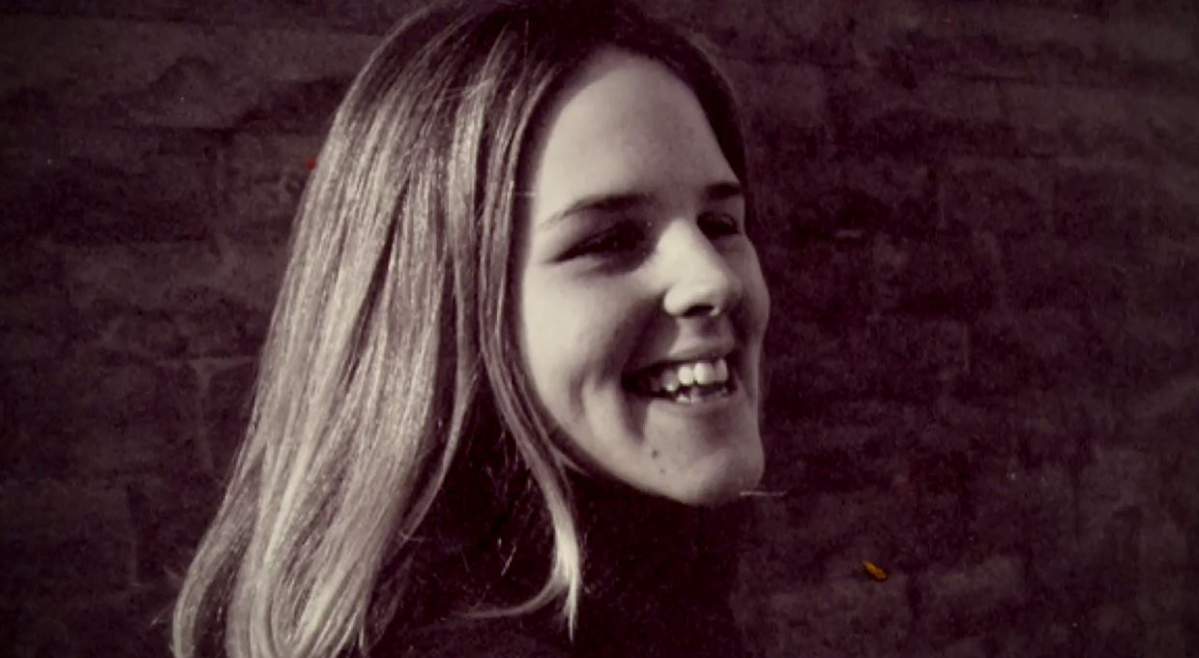
By
Catherine McDonald
Global News
Published April 3, 2020
3 min read

Sharon Fortis recalls summer 2005 as “a lovely summer” — until Aug. 16, when she learned her 25-year-old daughter had disappeared from the family’s Thornhill, Ont., home.
None of it made sense. Alicia, an avid canoeist, had just told her mother she was about to get a promotion at her sales job at Hewlett Packard. Sharon also believed Alicia had no enemies.
Alicia’s boyfriend, Sean Hine, was the last person to see her alive. Sean, who had been seeing Alicia for about a month, called police to report her missing when he couldn’t reach her that morning. Alicia hadn’t shown up for work, either.
The night before, the two had spent the evening playing pool and hanging out in the basement of the Fortis family home, where Alicia had her own room with a separate entrance.
Sean told police he had last seen Alicia by the side of the road. He told them she had walked him to his car that night after their visit and said goodbye.
Fortis and I first sat down one on one to talk about her missing daughter about a week after Alicia vanished. She was convinced Alicia had been kidnapped because it was a happy time in her life and there was no reason for her to leave.
York Regional Police also considered it a suspicious disappearance. They could not say if foul play was involved but would not rule it out, either.
“Somebody just didn’t come from outside the community and focus in on Alicia,” said Insp. Larry Wilson.
The priority of police was to find Alicia alive, and detectives appealed to anyone in the community willing to help with the search to come forward. What followed was one of the largest searches for a missing person in Ontario history.
More than a month later, after hundreds of tips were pursued, investigators finally got a major break in the case. But it was not the outcome anyone wanted.
The man who lived right next door called police and, with the help of a lawyer, surrendered himself. Thirty-one-year-old Daniel Sylvester, a recluse who lived with his mother, said he was responsible for Alicia’s disappearance and death but claimed it was an accident.
The Fortis family barely knew their neighbours. Sharon said she had only seen Daniel Sylvester a few times over the years.
He eventually led police to two locations northeast of Toronto where he had dumped Alicia’s body. In July 2007, Daniel Sylvester was sentenced to life in prison with no chance of parole for 16 years after a jury found him guilty of second-degree murder.
Sharon and her family created a memorial fund in Alicia’s name. Alicia used to take kids canoeing for a number of years at Camp White Pine, and the memorial fund helped send at-risk youth on canoe trips.
Alicia’s mother, who remained stoic and composed after her daughter disappeared, says her longing for her daughter has never waned.
“There’s always the yearning. When you lose a child, it’s almost like an addiction,” she said. “You want that child back.”
Police officers also remember Alicia as a young, vibrant woman who was getting started in her life.
“You’re not going to forget the mayhem of that time. And I think it really brought the community together, the community and police, which is what we are here for,” Wilson said.
Staff Sgt. Laurie Perks, who was a media relations officer at the time, said she will never forget the case.
“I hope she (Sharon) knows that Alicia will never be forgotten, at least by me and many people in the community and at York Regional Police,” said Perks.
You can watch previous episodes of Crime Beat on Global TV and on YouTube, and listen to the Crime Beat podcast hosted by Nancy Hixt.


Comments
Comments closed.
Due to the sensitive and/or legal subject matter of some of the content on globalnews.ca, we reserve the ability to disable comments from time to time.
Please see our Commenting Policy for more.